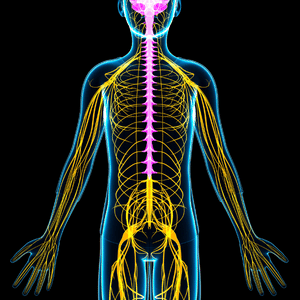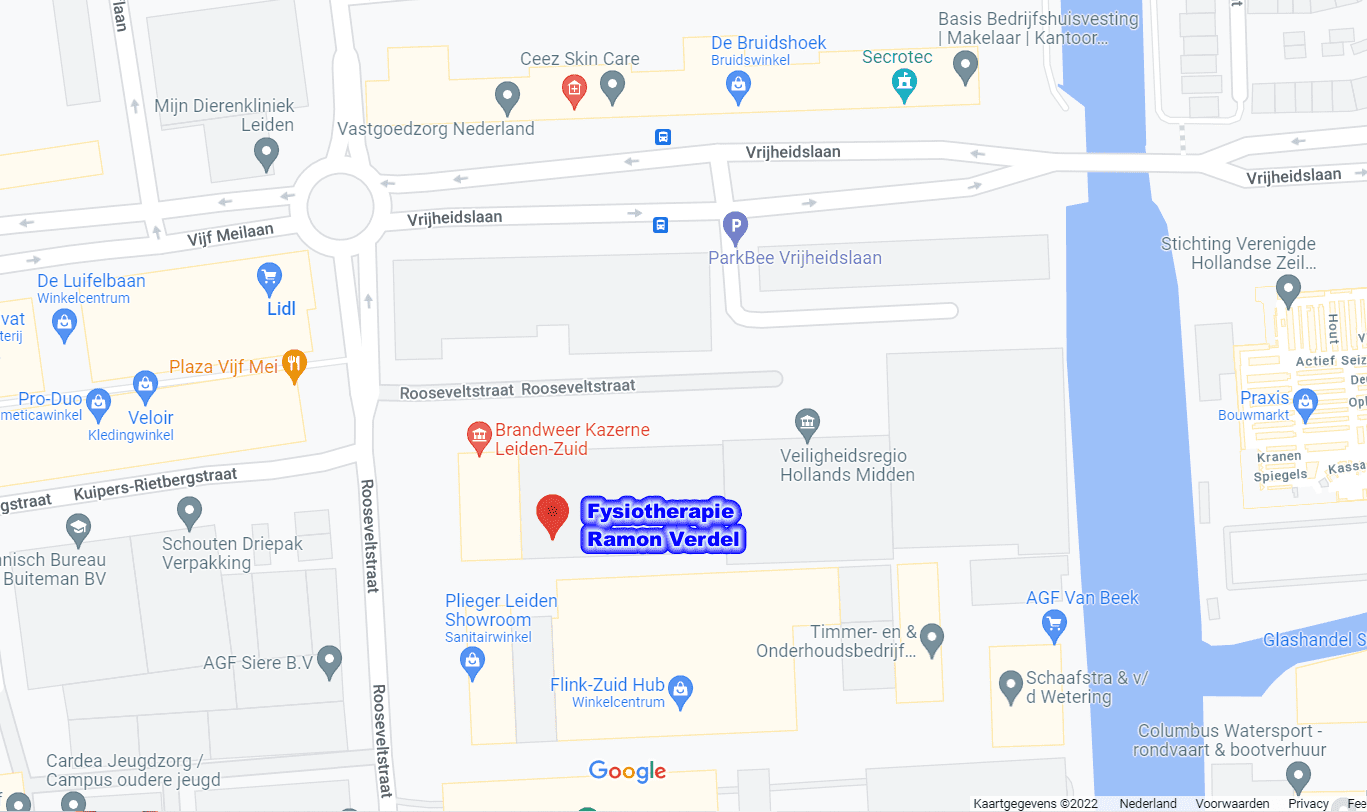PAIN IN THE NECK AND SHOULDER
Complaints to the Lower back are the most common complaints in physiotherapy, closely followed by complaints to the neck and shoulders. Sometimes they are acute complaints, but increasingly also chronic complaints to the neck and shoulder.
Because nowadays we spend our time sitting too much and often in a less than optimal working position, our body forms itself to this position. Round upper back, shoulders forward and down, head and chin forward.
Some muscles are continuously shortened, while other muscles are continuously stretched. Both a shortened as well as an extended position of tissue causes an increased internal pressure in the tissue. This increased pressure causes blood flow to be more difficult. If the blood flow is reduced, the muscles do not get enough oxygen and nutrients, causing them to get stuck and cramp up.
Holding this less than optimal working position for a prolonged period of time, combined with many repetitive movements and a (too) high workload can cause a lot of tension in the neck and shoulder muscles. This can lead to complaints in this region.
These complaints can be local, but can also radiate to your arm and/or towards your head.
ANATOMY
Your neck consists of 7 cervical vertebrae, facet joints, intervertebral discs, connective tissue, muscles and nerves. The nerves from your neck innervate your shoulder, arm and hand.
In physiotherapy, we often talk about the shoulder complex instead of the shoulder joint. The shoulder joint consists only of your shoulder blade (scapula) and upper arm (humerus) while the shoulder complex consists of; your shoulder blade, collarbone (clavicle), sternum and upper arm. Between your sternum and your collarbone is your SC joint, and between your collarbone and shoulder blade is the AC joint.
All these bones and joints ensure that your shoulder has so a lot of possibilities of movement. Lots of movement possibilities also means that a lot can go wrong.
Because the neck and shoulder are so close together and muscles run from the shoulder to the neck and vice versa, they influence each other’s movements and compensate for each other if something does not move completely correct. These compensations can lead to complaints.
COMPLAINTS TO THE NECK
Complaints to the neck can be divided into acute neck complaints and chronic neck complaints.
Acute complaints could be for example: Waking up and not being able to move your neck. Another example could be that you get a sharp pain in your neck with a sudden movement. When something like that happens, the smallest movements are often already very painful.
Often customers tell us that they have had a busy and / or stressful period, had little sleep and suddenly there was a shooting pain in the neck.
When people are stressed, busy and/or tired, muscle tension goes up. This increases the internal pressure on the muscles and joints and allows small and often trivial movements to cause everything to cramp up.
These acute complaints can be very intense, but often go away quickly with regulated exercises, breathing exercises and some relaxation such as stretching.
In most cases, our treatment can provide quick relief for these types of complaints.
Chronic complaints to the neck could be long-term pain or stiffness complaints to your neck. This can be at the front side of your neck, but also at the back of your neck, in the trapezius. Sometimes the complaints come and go. Other times they are continuously present and are aggravated by standing or sitting in the same position for a long period of time. On weekends or during holidays, this burden is often less.
A common symptom of neck pain is that people feel that their head is too heavy for their neck. This can be a sign that you need to strengthen your neck and shoulder muscles.
Especially if these types of complaints have been present for a long time, there is a good possibility that there is also a nerve entrapment in the neck muscles. This sounds very intense, but it is surprisingly common and can often be solved within a few sessions.
COMPLAINTS TO THE SHOULDER
WHAT BEST TO DO:
Especially if you have acute problems with your neck and / or shoulder, it is more important THAT you move than HOW you move. Moving within the pain threshold lessens the pain and speeds up the recovery process, so start moving!
OUR TREATMENT
Physiotherapy for neck or shoulder complaints can provide quick relief from your complaints. Our treatment helps move the muscles and joints in your neck and shoulder better and reduces your pain quickly. We also provide you with exercises which help you to keep everything flexible.
Ifyou all of a sudden experience pain in your neck or you have other neck pain or shoulder complaints, we can help you!
If you have any questions about your neck or shoulder complaint, please feel free to contact one of our therapists. Often we can already give you useful tips that immediately reduce your complaints.












